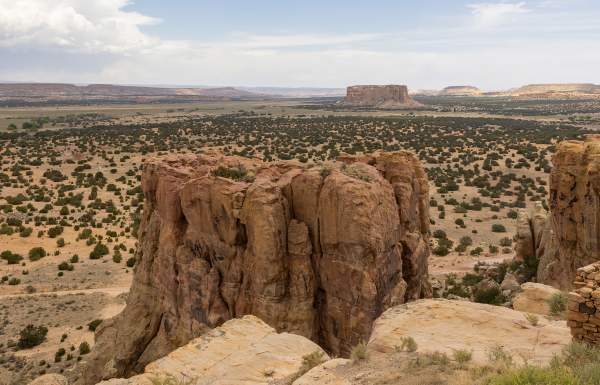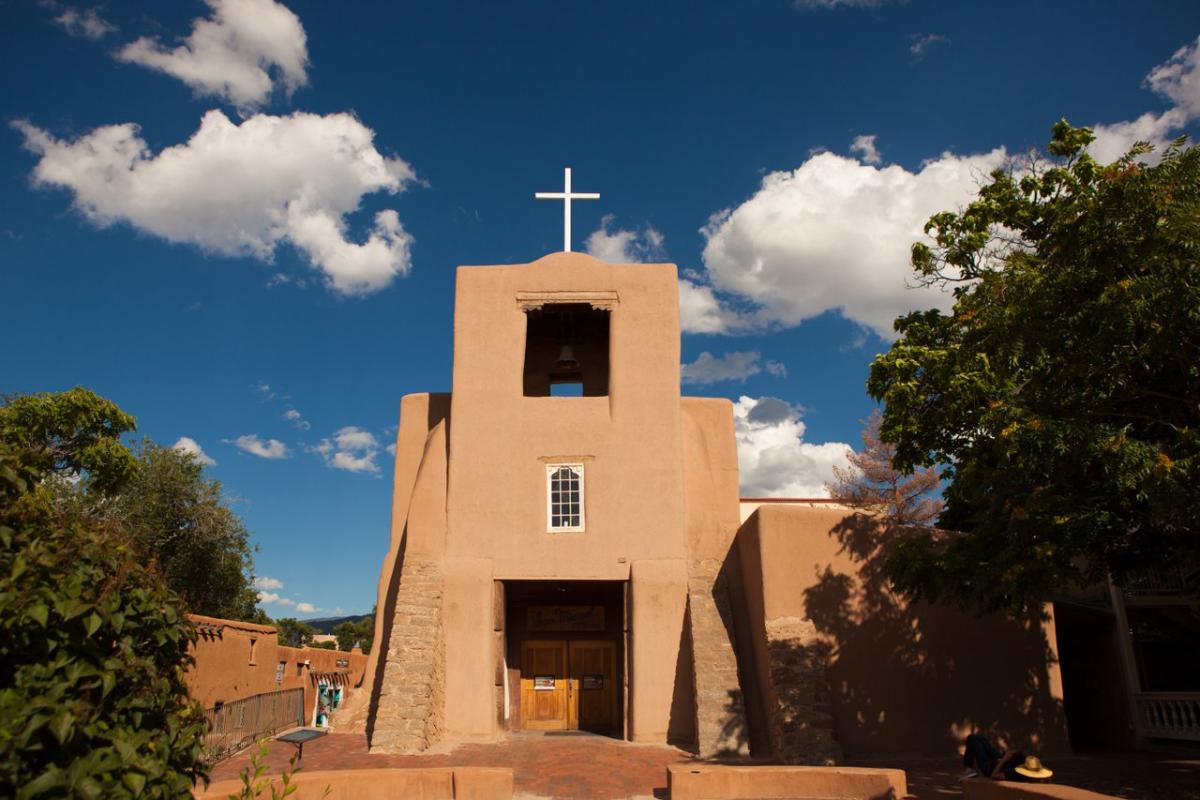While the United States may be a fairly young country, its land is full of centuries, if not millennia, of history developed in the monuments that stand today. From early Native American settlements to early Colonial structures, these monuments can provide great historical insight into the architecture and cultures of different peoples. While its skyline may still be changing, these historic sites remain fixed in the past, evoking themes of survival, culture, and change.
Visiting them is more than a stroll down history lane; it is a lesson in how different people influence the roots of America. This list includes the top 10 oldest monuments across the U.S. Each reference has a varying legacy, contextual relevance, and influence. Come explore the monuments that have survived centuries and continue to influence us.
Check Out: Who Gifted the Statue of Liberty to the United States and Why?
Top 10 Oldest Monuments in the U.S.
Here is a complete list of the top 10 oldest monuments in the U.S., along with the state name and how old they are:
| Rank | Name | State | Approximate Age |
| 1 | Taos Pueblo | New Mexico | Over 1,000 years old |
| 2 | Cliff Palace, Mesa Verde | Colorado | 830 years old (built 1190 AD) |
| 3 | Cahokia Mounds | Illinois | 1,000 years old (est. 1050 AD) |
| 4 | Acoma Pueblo - Sky City | New Mexico | 875 years old (settled 1150 AD) |
| 5 | San Miguel Mission | New Mexico | 415 years old (built 1610) |
| 6 | Castillo de San Marcos | Florida | 330 years old (completed 1695) |
| 7 | The Paul Revere House | Massachusetts | 345 years old (built 1680) |
| 8 | Jamestown Church Tower | Virginia | 385 years old (built 1639) |
| 9 | Old Ship Church | Massachusetts | 344 years old (built 1681) |
| 10 | Fort Mackinac | Michigan | 245 years old (est. 1780) |
1. Taos Pueblo (New Mexico)

Taos Pueblo is one of the oldest continuously inhabited places in the United States, that is over 1,000 years. Located in northern New Mexico, Taos Pueblo is a UNESCO World Heritage Site and a National Historic Landmark.
The multi-storied adobe buildings constructed by the Tiwa-speaking Native Americans are made of just earth, straw, and water. Taos Pueblo is a living village where the traditional lifestyle is intertwined with the modern world, while at the same time preserving the culture and architectural history.
2. Cliff Palace, Mesa Verde (Colorado)

Constructed by the Ancestral Puebloans roughly in 1190 AD, Cliff Palace is North America's largest cliff dwelling. Cliff Palace is located in a massive alcove in Mesa Verde National Park and features over 150 rooms and more than 20 ceremonial kivas.
Cliff Palace's architectural ingenuity and community planning exemplified an understanding of how to engineer and a placement for his/her community and the dynamic with nature surrounding that community.
While Cliff Palace and the Ancestral Puebloans disappeared in the late 1200s, it is significant, culturally, as a manifestation of respiratory ingenuity and a unique sociocultural heritage, and each year, Cliff Palace and Mesa Verde attract thousands upon thousands of visitors and researchers.
3. Cahokia Mounds (Illinois)

Cahokia Mounds is located near present-day St. Louis, Missouri, and is the site of the most complex prehistoric Native American civilization north of Mexico. Established around 1050 AD, it was a city of at least 20,000 residents at its height.
The Cahokia site contains over 80 mounds (most of which served as burial sites), with Monks Mound being the largest earthwork structure in the Americas. Cahokia embodies the complexity of Mississippian culture and urban planning, and is now a UNESCO World Heritage Site and an archaeological site like no other.
4. Acoma Pueblo - Sky City (New Mexico)

Acoma Pueblo is known as "Sky City" and is found atop a 367-foot sandstone mesa in New Mexico. The Pueblo's history stretches back to approximately 1150 AD, and has been continuously occupied by the Acoma People ever since. Homes are made from adobe and stone, and the village can only be accessed primarily on foot.
Sky City is more than just a place; it is symbolic of survival, a permanently sacred place for the Acoma People. Visitors can take tours of the site and gain insight into the spiritual meaning as well as the lasting traces that cultural traditions continue to carry on.
5. San Miguel Mission, Santa Fe (New Mexico)

San Miguel Mission was constructed in 1610 and is recognized as the oldest church in the continental United States. It was built by Spanish colonists using indigenous labor. Built of adobe, San Miguel Mission is an important connection to the earliest colonial history and the role of religion in the American Southwest.
The adobe and brick structure has endured damage and repairs over the centuries, but its original bell tower and adobe walls survive. San Miguel Mission continues to have regular services, making it both a spiritual and historic landmark.
Comments
All Comments (0)
Join the conversation